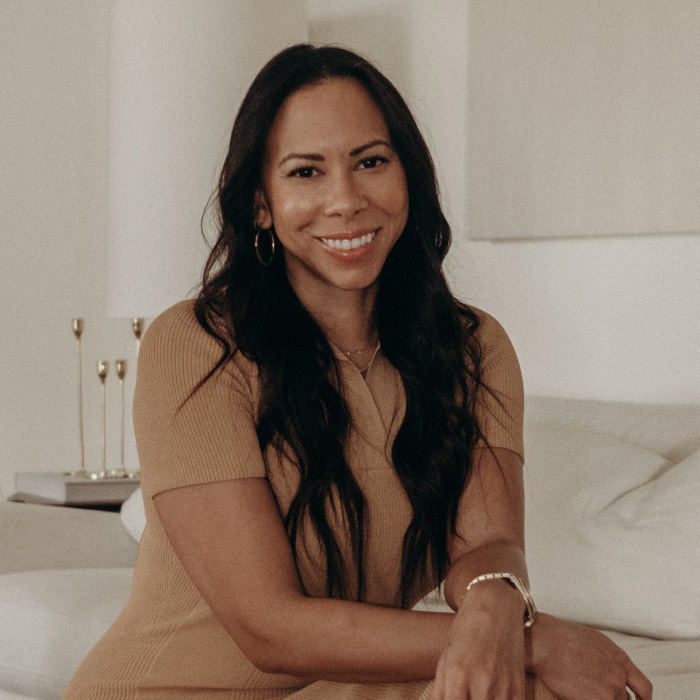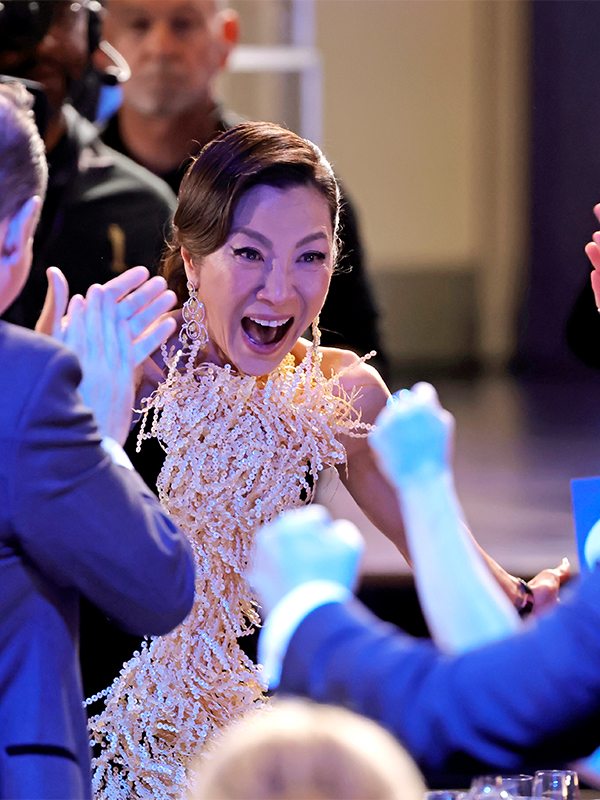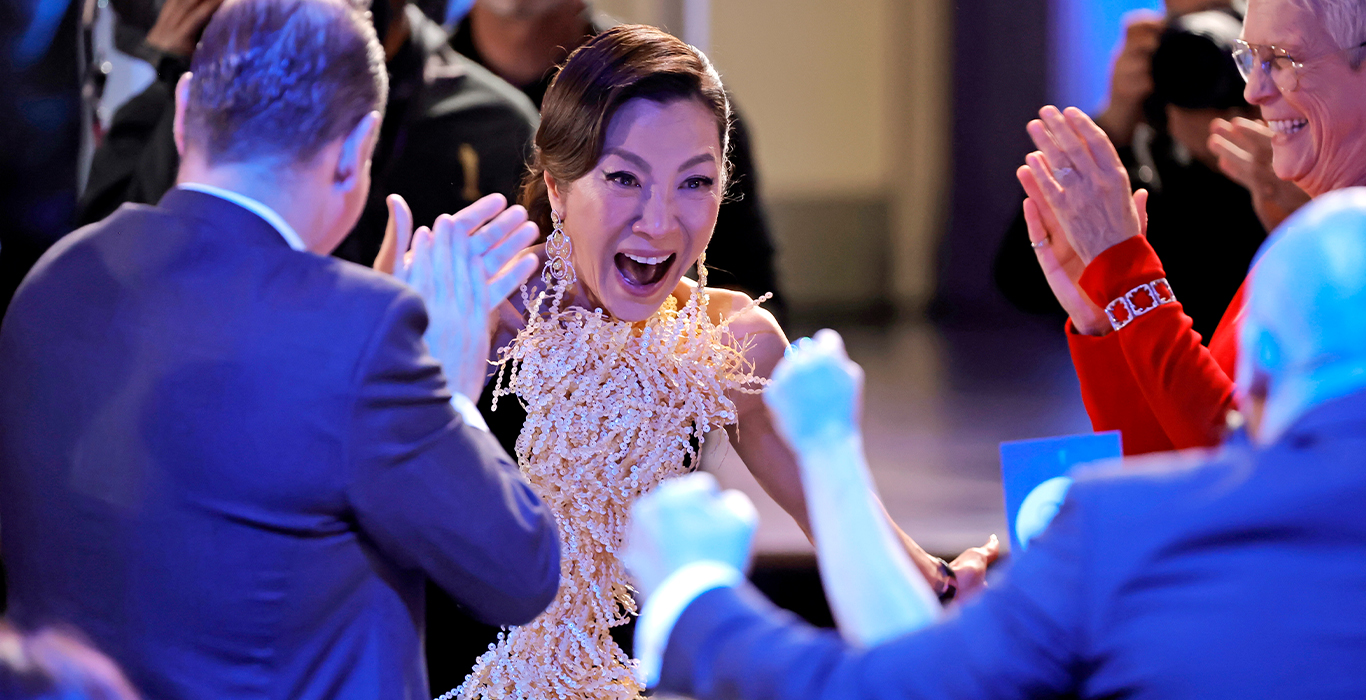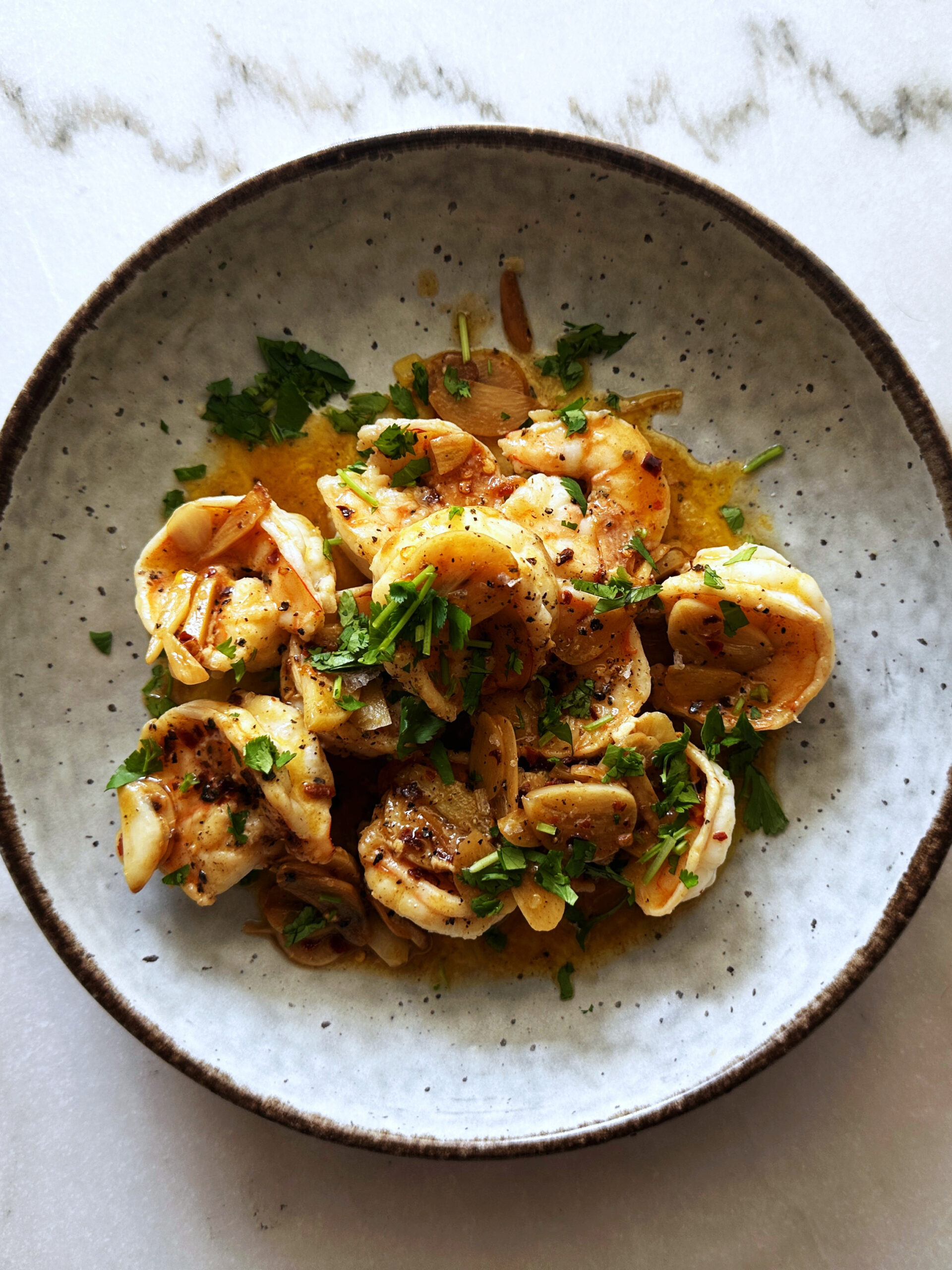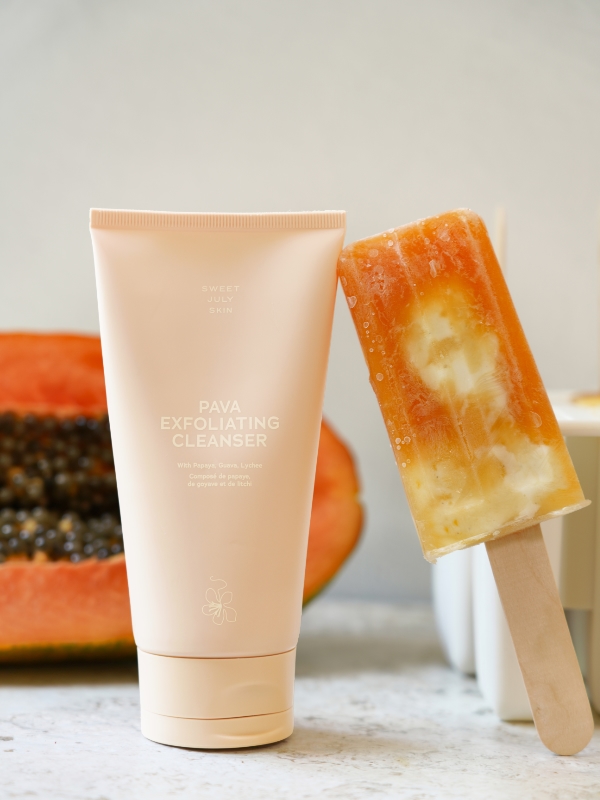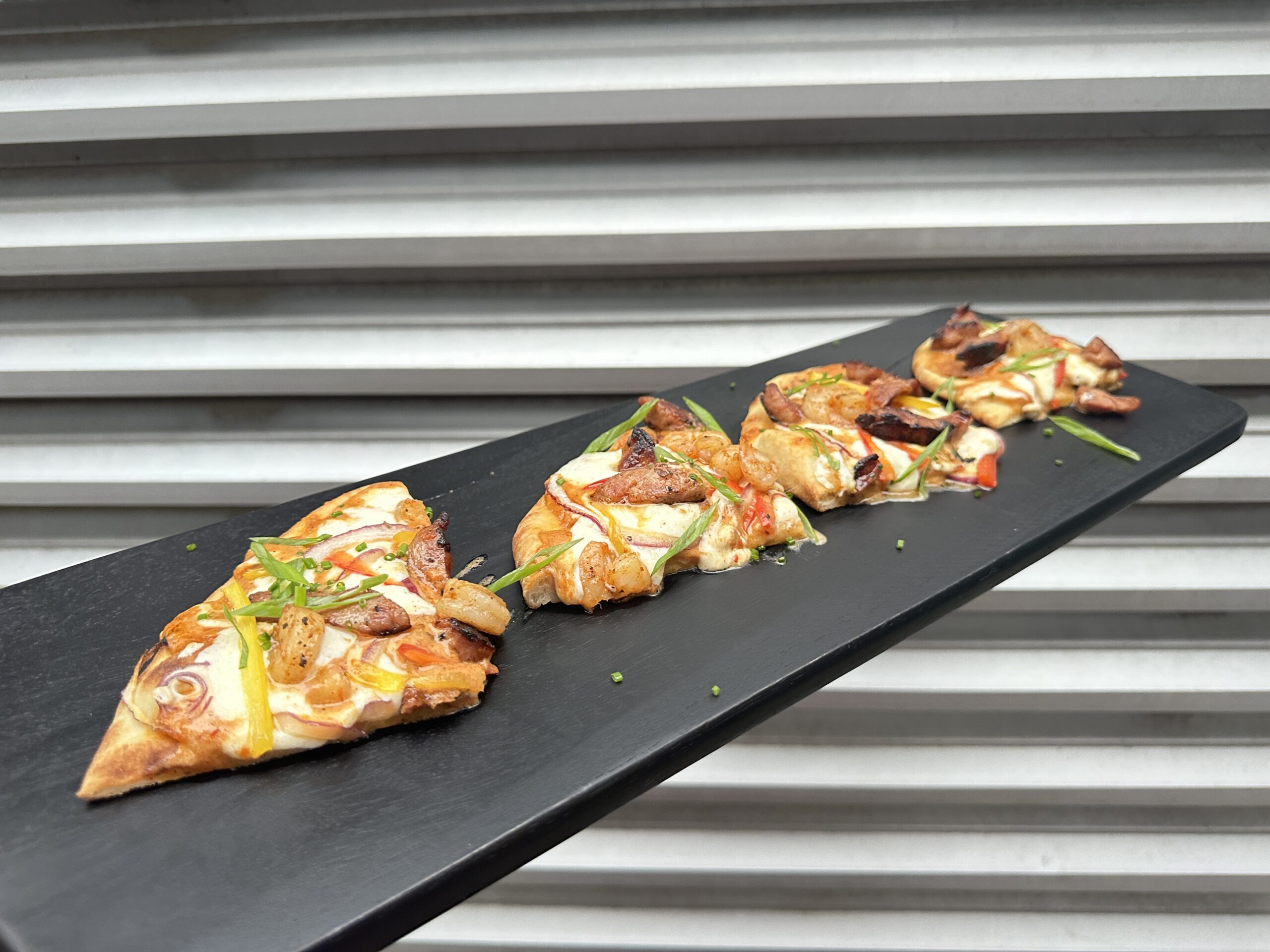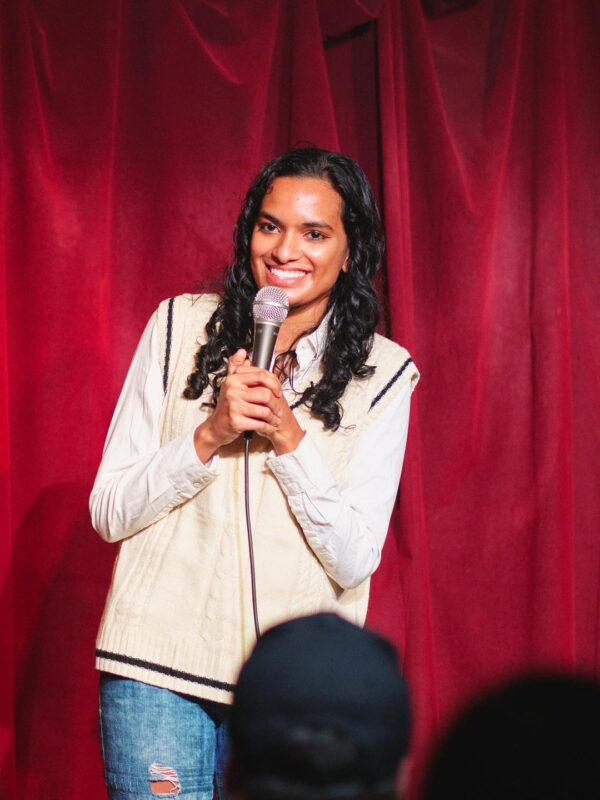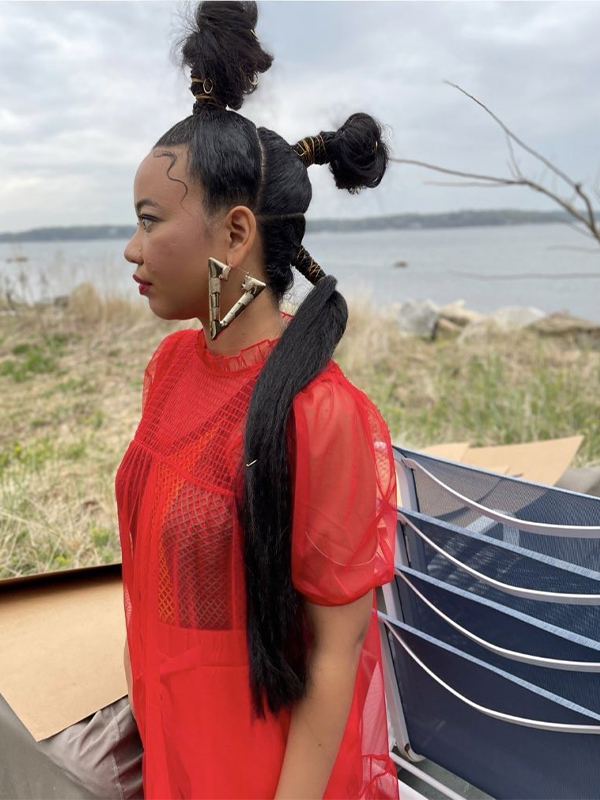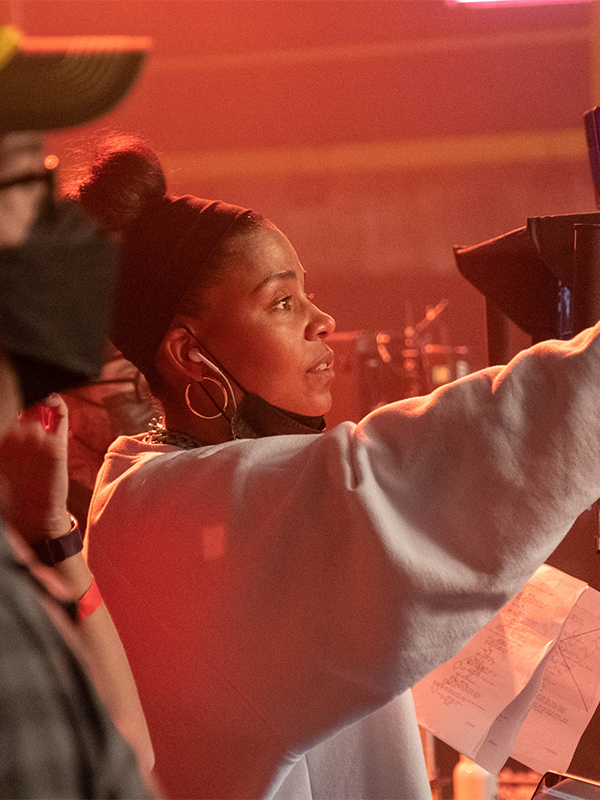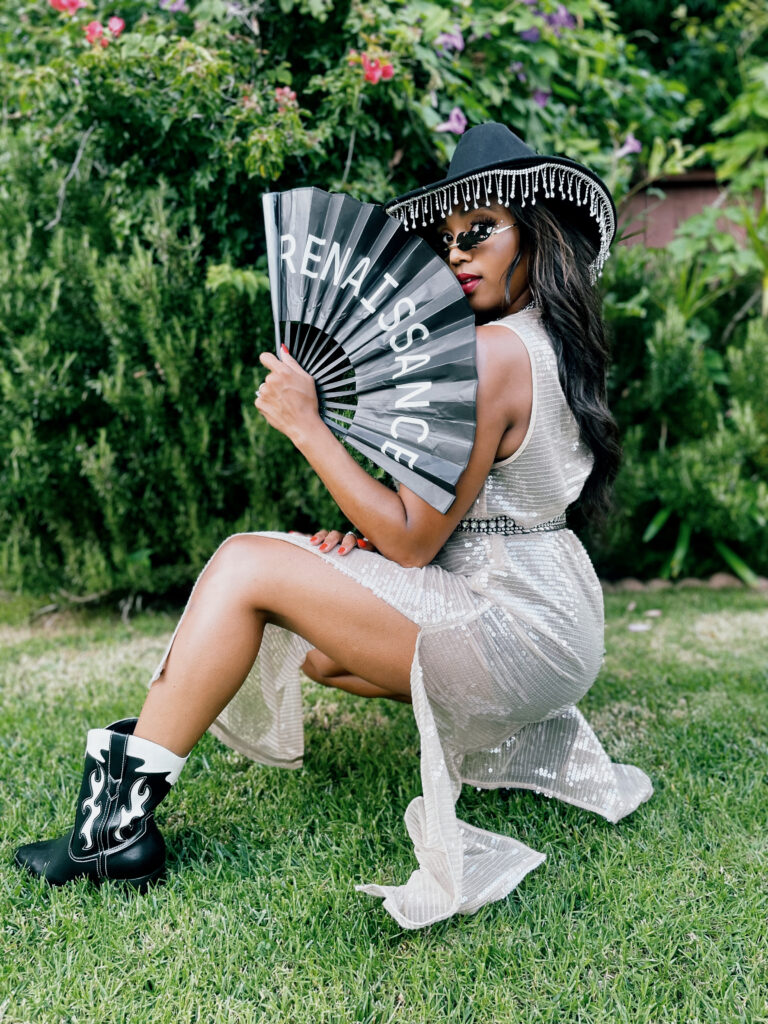On March 12, I and many other people of color will be waiting with bated breath, in hopes that veteran Malaysian-Chinese actor Michelle Yeoh wins the Oscar for Best Actress—in recognition of her stellar performance in one of the best films in recent years, Everything Everywhere All at Once.
Only one woman of color—Halle Berry—has ever won the award before. So if Yeoh wins, she’ll be the second woman of color and the first Asian woman to get the Oscar for Best Actress. She’s already the first Asian woman to win a SAG Award for Best Actress.
The film has an undeniable universal appeal. Its explorations of romantic love, generational trauma and complex mother-daughter relationships speak to people across a wide spectrum of cultural backgrounds. It also thoughtfully explores the concept of a multiverse: Michelle Yeoh plays Evelyn, a mother journeying across many different universes and versions of herself to save her daughter Joy (Stephenie Hsu). Hsu also plays a version of Joy that exists across the universes her mother traverses. Hsu is both Joy and a complex antagonist called Jobu Tupaki, who inherits the generational trauma that’s been passed down in their family. This trauma is exacerbated by Joy’s efforts to get her family to fully embrace her queerness instead of simply ignoring it.
These are all themes so many people can feel deeply and bond with their families over. But for East and Southeast Asian-American communities, Everywhere Everything All at Once holds a unique significance. It’s one of the rare times they’ve seen parts of their culture portrayed so specifically and masterfully in Western cinema.
Wang Sum Luk, a Chinese Hongkonger and freelance journalist studying at the University of Oxford, loved the little details in the movie that felt accurate to his lived experience and helped him understand some broader aspects of his culture. “Like how the characters switch between languages within a single conversation or sentence, or its allusions to Buddhist imagery,” he says, nodding to the scene where Evelyn gains control of her “powers” and places a googly eye on her forehead, echoing the motif of the third eye or urna signifying wisdom and enlightened insight.
For Luk, these moments are what “ground the film in a culturally resonant reality.” He also praises the film’s intersections. “I’m really glad to see queer and Asian representation being key aspects of a film that’s also accessible and fun to watch,” he says. “When’s the last time a gut-wrenching drama about generational conflict had so many dildo jokes?”
That the film is based in multiple realities makes it all the more exciting and, interestingly, for many who watched, even more grounded in reality. We’ve seen the concept of a multiverse featured prominently—think Marvel movies like Spiderman: Into the Spiderverse (2018), Avengers: Endgame (2019) and Doctor Strange: Multiverse of Madness (2022)—but not like this. In Everything Everywhere All at Once, it’s deployed as a device to help correct the mistakes Western cinema has made in their portrayal of Asians and Asian-Americans.
For Roslyn Talusan, a Filipino and Chinese culture writer from Toronto, the multiverse in EEAAO was “a metaphor for trauma coming to destroy us.” To exemplify, Talusan references how Evelyn moves through several universes to fight this trauma and save her daughter. “This movie is how superhero movies should be, where the emotional element and the character development is the biggest part of the movie,” says Talusan.
Laura Sirikul, a Thai and Chinese entertainment writer from Los Angeles, reflects on how EEAAO portrayed the beautiful chaos within Asian-Americans—chaos that deviates from the flat story Western media has upheld in the rare times it has featured Asian stories at all.
“We get to break away from what people’s perceptions have always been of us—the good model minority,” says Sirikul. “In this film, we get to see a broad range of universes and different Michelle Yeohs in the world. We get to see a sexy Asian man. We get to see that sexy Asian man be a sweet dad. I love this movie so much because it lets us have that chaos that we are not granted in life.”
Amanda Choo Quan, an immigrant from Trinidad whose family is Black and Chinese, felt the multiverse made her think about the layers of Asian identity, layers that exist within her as well. A cultural critic who sometimes explores film and literature through a societal lens, Choo Quan says EEAAO is “interesting because it’s so weirdly experimental.” She adds, “It resists an audience’s easy interpretation of Evelyn’s experience because it shows multiple Evelyns across multiple worlds. I already feel like I contain multitudes that are hard to explain because I’m Black and Asian. Maybe Evelyn’s greatness is so wide and deep that it cannot be limited to one world or one timeline.”
In many ways, the greatness of Evelyn’s character is a reflection of Yeoh’s skill. Yeoh is an incredible actress who has been in the business for 40 years. And hopefully, Hsu, whose performance as Joy/Jobu Tupaki was chillingly masterful, will have a similarly long career if she wishes. And yet, Yeoh has struggled to receive the recognition she deserves, with Western films (think the 2005 movie Memoirs of a Geisha) often trying to pigeonhole her into supporting roles that don’t show the range of her talents.
“Traditionally Asian women have been either erased—simply not in existence—on-screen or played by white women,” Nancy Wang Yuen, sociologist and author of Reel Inequality Hollywood Actors and Racism, tells Sweet July. “Even Anna May Wong, arguably the biggest Asian-American woman in the field during her time, didn’t get to play the one huge Chinese role [O-lan in the 1937 film adaptation of Pearl S. Buck’s novel The Good Earth] that existed at the time.” That role went to a white woman named Luis Rainer instead.
And even when Asian women do get roles, Yuen says, “I feel like it’s often violent because so much of it is hypersexualized and exoticized. We’re made into sex workers that are tools of white men in war.” Case in point: Yeoh’s character Mameha in Memoirs of a Geisha, whose life is determined by the favors American and Japanese war officers and businessmen are willing to grant her during World War II. The result of this kind of representation, she emphasizes, causes real harm and violence against Asian women.
But EEAAO explicitly corrects this. “Evelyn is not sexualized at all, even though the multiverse contains a glamorous and gorgeous [movie star] version of her—basically Michelle Yeoh playing herself,” says Yuen. “But she’s a mom and a martial arts badass.” Not only does Evelyn see herself as a mom, movie star and action hero across universes, but one of her different versions is a lesbian with hot dog fingers. And, in one stunning scene, Evelyn becomes a rock with googly eyes.
That’s why even if Yeoh isn’t awarded the well-deserved Oscar for Best Actress (let’s be real, snubs are expected, especially for actors of color), there’s still a lot to celebrate. “In this film, I think Michelle Yeoh has been able to express herself fully as an actor,” adds Yuen. “Western audiences saw an Asian woman be so many things that I don’t think that they’ve ever envisioned Asian women could be.”



